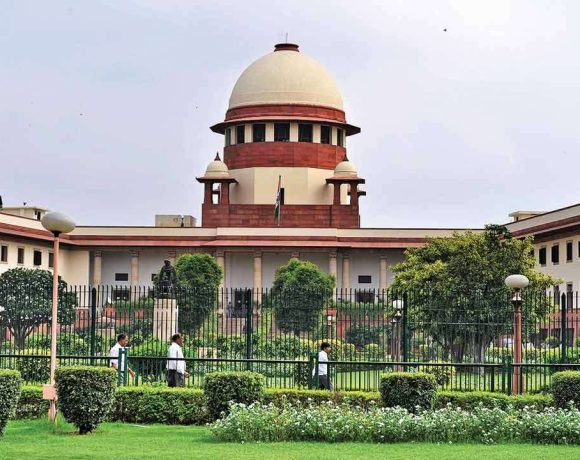
IndiGo Flight Turbulence: Pakistan Blocks Emergency Entry
An IndiGo flight from Delhi to Srinagar encountered severe turbulence and hailstorm conditions over Pathankot on May 21, 2025. According to officials, the Airbus A320neo was flying at 36,000 feet when it encountered a violent weather system. The storm was intense enough to trigger a series of warnings in the cockpit, including “angle of attack fault,” “autopilot off,” and “unreliable airspeed.” At one point, the aircraft plunged at a rate of 8,500 feet per minute before the crew regained control.
The pilot, assessing the rapidly deteriorating situation, made an urgent request to deviate westward to avoid the storm. Initially, the Indian Air Force’s Northern Area Control declined the deviation into Pakistan-controlled airspace. As conditions worsened, the pilot reached out directly to Lahore ATC.
Pakistan Refuses Airspace Access Citing NOTAM Ban
“Lahore ATC clearly refused to give entry citing the Pakistan NOTAM banning Indian-registered aircraft from entering its airspace,” IAF sources confirmed. The Notice to Airmen (NOTAM) cited by Pakistan remains in effect until May 23, and applies to both civilian and military aircraft registered in India.
Unable to reroute, the IndiGo crew was forced to navigate directly through the storm. The aircraft sustained damage to its nose cone (radome) but eventually landed safely in Srinagar with 227 passengers and crew onboard. No injuries were reported.
Airspace Tensions Continue Post-Pahalgam Attack
This incident highlights the continued strain in aviation operations between India and Pakistan, following heightened diplomatic tensions after the April 2025 Pahalgam terror attack. In the aftermath, both countries enforced reciprocal bans on overflights by each other’s aircraft.
On May 23, Pakistan extended its airspace ban on Indian aircraft till June 24, compounding operational challenges for airlines like IndiGo during emergencies. India, on its part, continues to prohibit Pakistani flights from entering Indian airspace as part of a broader diplomatic standoff.
India’s Directorate General of Civil Aviation (DGCA) has launched a formal investigation into the incident to assess procedural responses and flight safety management. The case has reopened debate about humanitarian provisions during airspace emergencies and whether political decisions should override passenger safety.


















